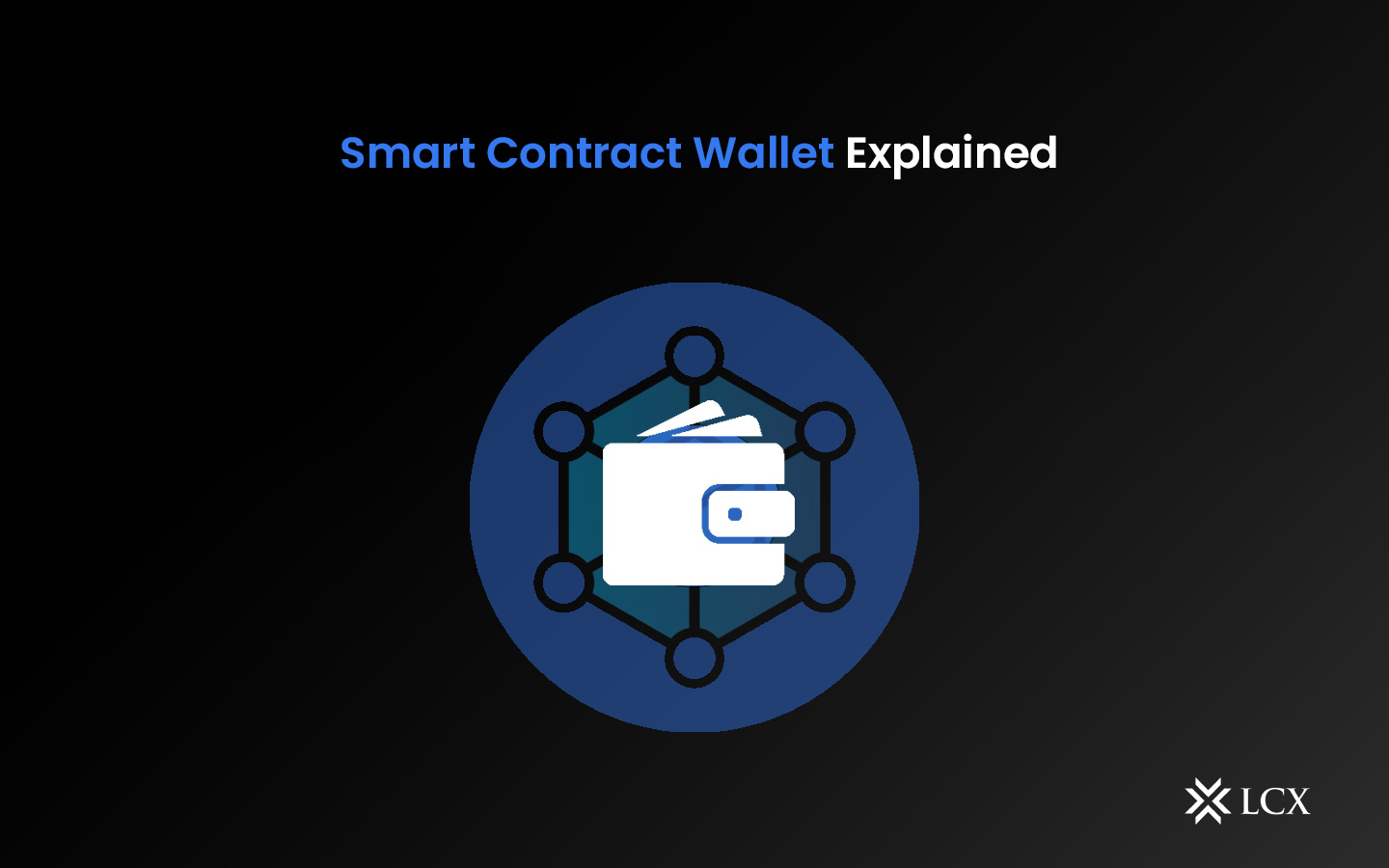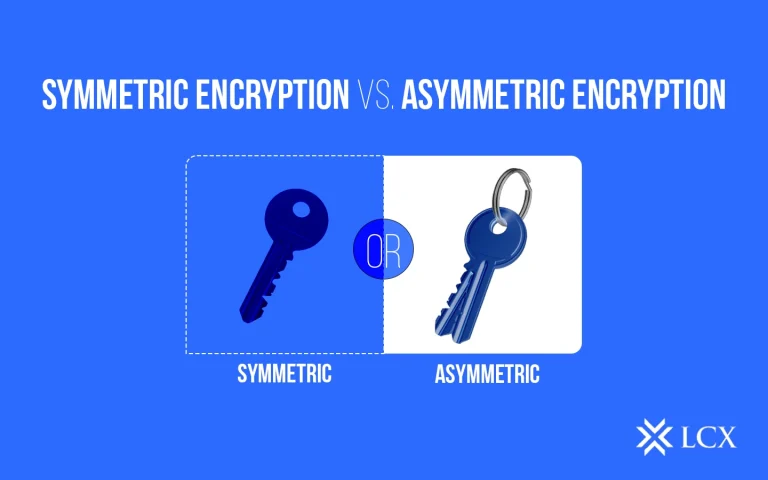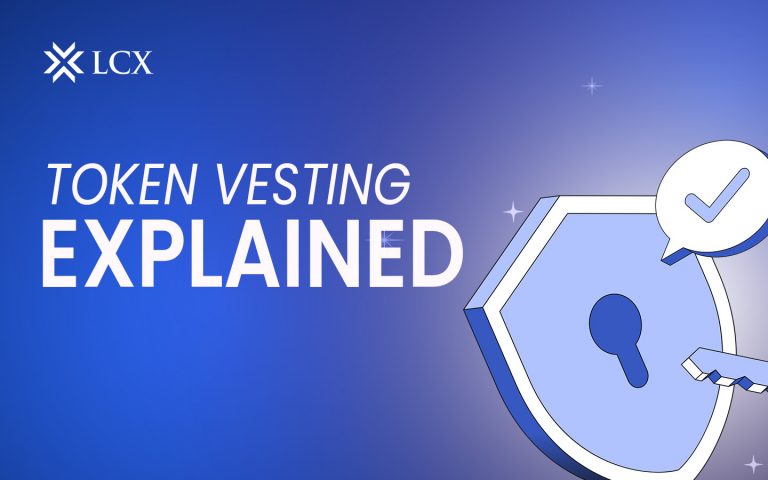There are currently two methods for users to store and use cryptocurrencies. Utilizing a custodial wallet is the first and most prevalent method for crypto novices. This frequently places faith in a centralized organization. Though convenient, such a system undermines the fundamental tenet of the Blockchain movement, which aims to create a peer-to-peer (P2P) financial system that people can access without the need for intermediaries such as banks and exchanges.
The other option is to use a wallet that does not store funds. Non-custodial wallets are accounts that hold user funds and exist immediately on the Blockchain. A “private key” is required to authorize transactions and transfer funds to other accounts. Only the user who possesses the private key can initiate a transaction. As the wallet provider does not have access to the private key, it is the user’s responsibility to safeguard their keys securely. Their loss could result in a permanent loss of funds.
Thus, the integration of smart contracts has brought about innovative solutions that go beyond traditional wallets. Smart contract wallets represent a significant advancement in both security and automation, redefining the way users manage their digital assets and execute transactions.
Understanding Smart Contract Wallet
At its core, a smart contract wallet is a digital wallet that operates on the principles of blockchain-based smart contracts. These wallets leverage the capabilities of blockchain technology to create self-executing contracts with predefined conditions. Unlike traditional wallets, which rely on private keys to access funds, smart contract wallets use programmable scripts to manage and control transactions.
Using smart contract technology, a smart contract wallet is a decentralized application (DApp) created on a blockchain that allows users to manage their digital assets. These contracts are executable, programmable programs that automatically enforce an agreement’s terms and conditions. This functionality provides users with greater control and security than traditional wallets, as smart contracts enable features such as multi-sig, access controls, and custom transaction logic.
Among the primary advantages of using a smart contract wallet are the following:
- Enhanced security: Smart contract wallets employ blockchain technology and encryption protocols to safeguard users’ assets from theft or unauthorized access. For instance, the private key of a user is encrypted and securely held within the wallet, making it extremely difficult for hackers to access the user’s funds.
- Customizable features: Smart contracts enable advanced functionality, such as multisig transactions, spending limits, and programmable rules, that can be tailored to meet the requirements of individual users. A user may designate a daily spending limit, for instance, to reduce the risk of excessive or unauthorized transactions.
- Decentralization: Unlike conventional wallets, which rely on a centralized authority, smart contract wallets utilize the power of decentralization, thereby diminishing the risk of single points of failure and censorship. This is illustrated by a decentralized exchange (DEX) wallet that enables users to trade tokens directly from their wallets without the sanction or intervention of a centralized exchange.
- Transparency and auditability: All transactions and smart contract codes are recorded on the blockchain, where they are accessible and verifiable by anyone, cultivating confidence and trust in the system. For instance, if a user suspects fraudulent activity, they can rapidly confirm the accuracy of their wallet’s records by verifying their transaction history on the blockchain.
How Do Smart Contract Wallets Work?
Wallets for smart contracts are based on blockchain technology, which means they use a network of computers to record transactions. This network of computers, known as a blockchain, ensures that all transactions are secure and immutable once they have been recorded. When using a smart contract wallet, users generate a unique type of contract known as a “smart contract.”
This agreement contains rules and instructions governing how the funds may be utilized. For instance, users can establish a rule that restricts spending on specific products. Once the smart contract is created, it is stored on the blockchain, allowing anyone with permission to access and execute it. This eliminates the need for a bank or intermediary to process transactions. The smart contract automates and controls everything. The funds in smart wallets are accessed and managed via smart contract code, which enables nearly limitless functionality, gives users greater control over their assets, and inspires greater faith in DeFi.
The Ethereum platform supports two categories of accounts: Externally Owned Accounts (EOAs), which require a private key or seed phrase to access, and Contract Accounts, which are controlled by smart contract code. Accounts are essential to the Ethereum protocol, playing a role in each transaction and contract. There are two categories of Ethereum accounts:
Externally Owned Accounts: They can serve multiple purposes. The most well-known is a wallet or a combination of private key and address. The majority of prominent non-custodial wallets use accounts owned by third parties.
Client Accounts: This type of account lacks a private key but includes an address, code, and storage space. To store and execute the code, contract-based wallets, also known as smart contract wallets, rely on contract accounts.
When users attach the smart contract wallet to a decentralized application, they receive the wallet’s smart account address. Instead of smart contract accounts, this is essentially a multi-signature wallet combined with numerous keys to authorize transactions.
Ethereum contract wallets interact with a variety of components, including DApps, third-party and contract libraries, APIs, key management applications, smart contract accounts, and user accounts (Ethereum). The wallet contracts utilize Oracle interfaces to communicate with any external library, account, or third-party web service. Wallet contracts are used by DApps to govern transactions and administer keys.
Smart Contract Wallet: Use Cases and Applications
Decentralized Finance (DeFi)
Decentralized finance (DeFi) applications utilize smart contract wallets frequently. DeFi aims to establish open, transparent, and universally accessible financial systems. Wallets for smart contracts facilitate decentralized lending, borrowing, and trading without the need for intermediaries such as banks.
Supply Chain Management
Wallets for smart contracts can be used to monitor and manage supply chains. With a smart contract, you can automate the verification and recording of transactions as products move from one party to the next. This serves to reduce fraud, increase supply chain transparency, and streamline operations.
Voting Systems
Wallets for smart contracts can also be used in voting systems. By using a smart contract to represent a vote, you can ensure that the voting process is secure and transparent. Each vote can be recorded on the distributed ledger, preventing manipulation and ensuring the election’s integrity.
Decentralized Identity
Wallets containing smart contracts may play a role in decentralized identity systems. Individuals can exercise greater control over their data and determine who has access to it by preserving it in a smart contract. This can aid in privacy protection and reduce the likelihood of identity theft.
Risks and Considerations
Irreversible Transactions: While automation is a key feature of smart contract wallets, it also introduces the risk of irreversible transactions. Mistakes or vulnerabilities in the programmed conditions could lead to unintended transfers or losses.
Programming Complexity: Creating and managing smart contract wallets requires a certain level of technical proficiency. Improperly coded scripts could result in vulnerabilities that could be exploited by malicious actors.
User Error: Smart contract wallets rely on accurate programming and user-defined conditions. Mistakes made during the configuration process could lead to unintended actions, such as sending funds to the wrong address.
Emerging Technology: The field of smart contract wallets is still relatively new, and the technology is rapidly evolving. Users should stay informed about the latest developments and best practices to ensure the security of their assets.
Conclusion
Smart contract wallets represent a significant leap forward in the world of cryptocurrency wallets, offering enhanced security, automation, and customization. With their potential to revolutionize financial transactions, smart contract wallets are at the forefront of the decentralized revolution. As the technology continues to mature, users must balance the benefits of automation with the need for careful consideration and security measures. As you explore the world of smart contract wallets, remember to stay informed, exercise caution, and embrace the possibilities they offer for a more secure and efficient crypto experience.










